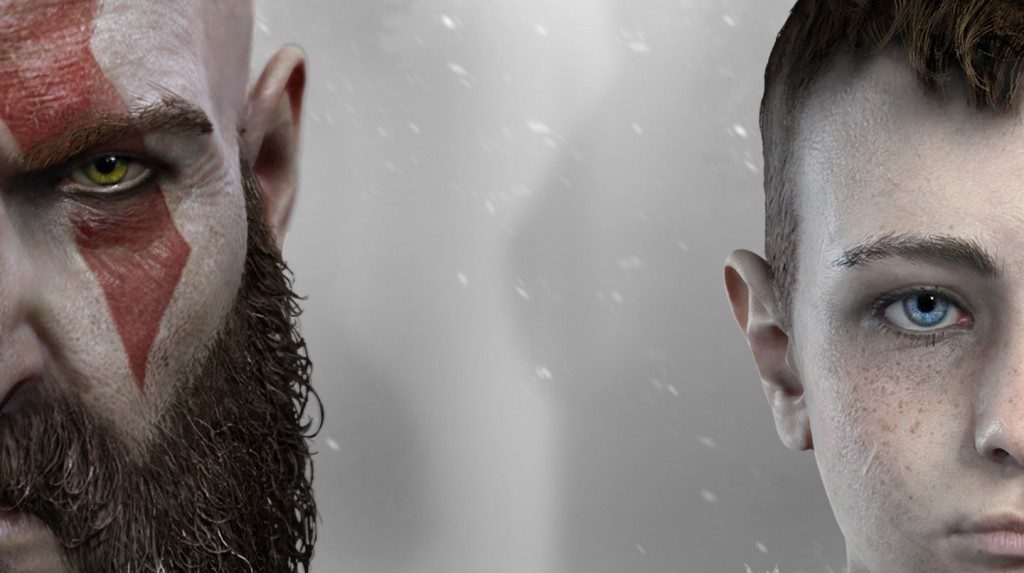
‘God of War’ sequel headed for Ragnarok
By Adam Tatelman, Arts Editor
While I’m not a fan of the God of War games, its influence as a franchise cannot be denied. As such, seeing its new radical change in direction from an epic head-stomping arcade brawler to a narrative-driven action game in the vein of The Last of Us has set off quite a few fans. Some contend that a change of concept is the best thing for the series at the moment, while others insist that this is a betrayal of the classic games.
While ‘betrayal’ may be hyperbolic, it is clear that nothing we’ve seen from the demo gels with the established tone or gameplay of the series. The original God of War was an over-the-top melodrama about Kratos’ sociopathic quest for revenge against Ares, the Greek war god. The gameplay expressed this sense of scale through the zoomed-out perspective of the camera, the speed and ferocity of the combat, and the epic combos master players could pull off in battle.
Picture trying to do any of that from the over-the-shoulder perspective of the new God of War. None of that gameplay translated to this new build, leaving the once-acrobatic Kratos appearing mired to the ground, plodding along, with his combos replaced by basic strikes. Plot-wise, the developers have made the baffling decision to try to write a redemption story for Kratos by showing him caring for a small boy in the Scandinavian wilderness.
Even back when anyone was still able to drum up a grain of sympathy for his “murdered family” motivation, Kratos was at best a selfish anti-hero, perfectly willing to brutalize innocent civilians just for getting in his way. That attitude reached its logical conclusion when he decided that his revenge against the Gods of Olympus was more important than the fate of Greece itself. The whole point of the series is that revenge causes more suffering than it’s worth.
The player learns that lesson because—in the fashion of the Greek tragedies—Kratos fails to. Attempting to redeem him treads on the narrative thrust of the entire franchise. To see such a despicable character guiding a naïve child through the motions of a coming-of-age plot—that’s beyond coming out of left field. It’s flown in from a completely different ballpark.
This sort of stylistic transition has failed in the past. Metroid: Other M was criticized for attempting to turn the exploration-heavy Metroid series into a linear, trigger-happy arcade romp, as well as replacing the series’ cryptic plot threads with obnoxious, poorly written, flatly delivered monologues. Worse yet was the treatment of Samus’ character, heretofore presented as an unflappable professional, suddenly becoming traumatized at the sight of an enemy she’d long since triumphed over in past games. Understandably, it flopped.
With that in mind, it becomes much easier to intuit the reason for such directorial decisions. The developers want the God of War label to bring in the long-time fans, but they also want to follow the gameplay trends set by heavily scripted, set piece-dependent mega-hits like Uncharted and Skyrim. So, it isn’t about resurrecting an old franchise with a new coat of paint; it’s a shrewd business decision through-and-through.
I have no quarrel with sequels as long as they are accompanied by new IPs. The story would not change in the slightest if Kratos were replaced with a different character, so why not make this game as a new title? Just slap a “from the creators of God of War” label on the box, and you’ve got your brand recognition covered. The longer we allow game developers to bank on our nostalgia, the less we’re going to see of new ideas, so remember to vote with your dollar. It’s the only way to get something new.
